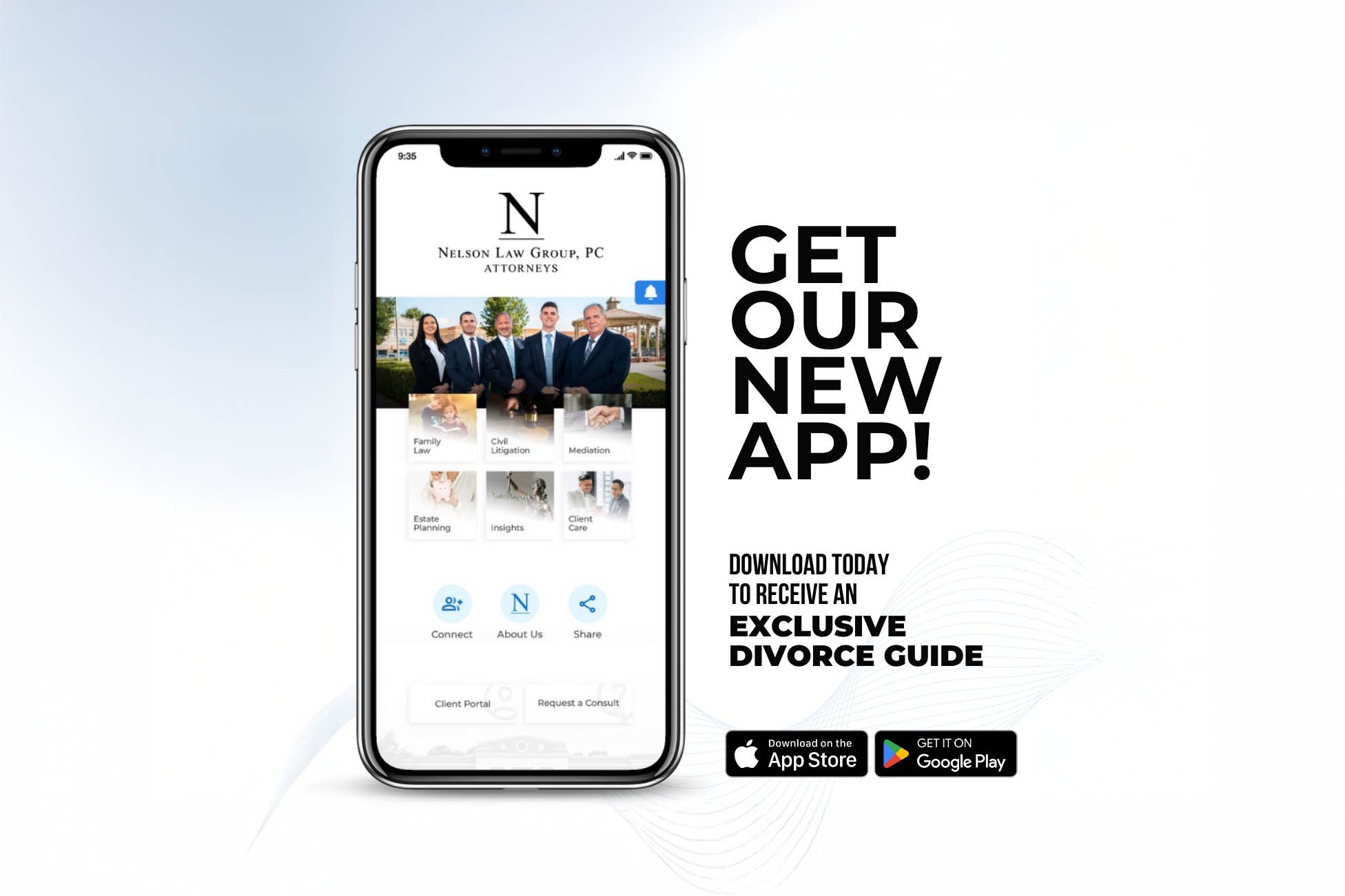Contrary to what you may see on television and in the media, divorce and many other legal disputes can often be settled outside the courtroom. The key is that all parties involved in the case agree to avoid litigation and seek to resolve their issues amicably. The legal process they can turn to is what is known as Alternative Dispute Resolution (ADR). But what do those options look like, exactly?
Depending on your unique situation, there are generally four types of alternative dispute resolutions to choose from in hopes of sitting down in a calm setting to understand each other’s position and needs while coming up with a creative solution.
4 Types of Alternative Dispute Resolutions
1. Collaborative Divorce
With collaborative divorce, the parties negotiate the terms of their divorce settlement outside of Court with the help of specially trained attorneys and neutral third-party experts. The key features are good faith negotiations, full disclosure, and a commitment to finding mutually agreeable solutions. This type of ADR is best when both parties want to get divorced but are on amicable terms and wish to maintain a positive relationship even if they cannot be a couple. So, they privately meet with their respective attorneys to discuss their wants, needs, and potential sticking points. From there, the spouses, their lawyers, and the necessary third-party experts meet to discuss and negotiate the divorce terms. Everything is done in a neutral setting, such as a conference room or office — not a courtroom. Typically, an agenda can be created, and each issue is dealt with one by one.
Depending on the circumstances of your collaborative divorce process, it may take one meeting or a series of negotiations to iron everything out. Once a settlement has been reached, everything will be put in writing and signed by both parties.
2. Mediation
Another option to settle your case without a final trial is mediation. In mediation, couples bring in an impartial third party called a mediator. A mediator can also be a lawyer, but they do not choose sides or advocate for one party over the other in this form of alternative dispute resolution. A mediator also does not provide legal advice, represent either party in Court, set terms, or decide the outcome of a case.
The mediator’s goal is to amicably settle disputes (property division, child custody, etc.) without the need for a final trial. Mediators help the parties understand each other’s positions and needs and assist them in finding a creative solution to their case. If successful, the mediator monitors the drafting of the binding agreement that will contain the essential terms of the final Court Order.
3. Arbitration
Arbitration is when each party presents its position to an impartial third party who renders a verdict. If both parties agree to arbitration, their agreement must state if it is binding or non-binding. Arbitration is not for everybody, but it can make sense for divorcing spouses who wish to keep their situation private, protect complex property division issues, and avoid highly contentious child custody problems. Arbitration is scheduled at the convenience of the parties rather than bending to the will of a busy Court docket.
4. Informal Settlement Conference
Another form of alternative dispute resolution is the informal settlement conference route. This is a nonjudicial method for settling disputes. If a dispute is resolved through an informal settlement conference, the parties must sign a written settlement agreement.
Alternative dispute resolutions such as these are a great way to resolve disputes amicably without reaching the courtroom. Not only is this an efficient way to end your marriage, but it is a great way to save money. Even when you struggle to talk to each other. For many people, however, settling their divorce themselves is not possible.
Call Nelson Law Group Today!!
When protecting your family’s future for years, it is imperative to always have a family law attorney in your corner. Call our knowledgeable staff here at Nelson Law Group, PC, if you have any questions. Our staff is always available.
For more information about Brett A. Nelson, click here.













